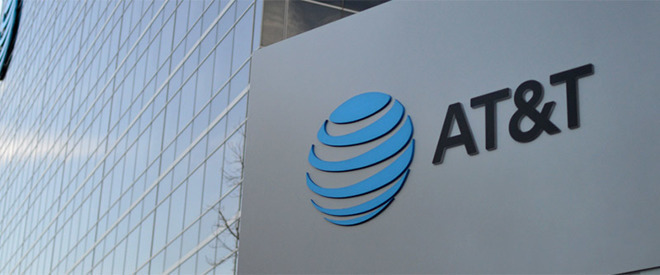The U.S. Department of Justice on Thursday appealed a federal court ruling that paved the way for AT&T's acquisition of Time Warner, potentially putting the $85.4 billion merger in jeopardy.
A federal court judge last month ended a DOJ antitrust lawsuit that sought to block AT&T's buyout of media giant Time Warner, ruling the merger was in fact legal.
U.S. District Judge Richard Leon found the DOJ failed to provide evidence that AT&T's acquisition would result in fewer choices for consumers and higher prices for content providers. In a comprehensive opinion, Leon warned against an appeal, saying he hoped the government "has the wisdom and courage" not to seek a stay.
The DOJ did not seek a stay, as was its right, but on Thursday filed to appeal Leon's ruling. The Justice Department initially sued to block the merger in 2017, citing concerns that the combined entity would pose a "major" threat to competitors.
CNBC reported on the filing earlier today.
The move comes nearly a month after AT&T completed its Time Warner purchase, bringing the firm's substantial media assets into the fold in hopes of synergizing in-house communications and media businesses. AT&T, which owns satellite TV service DirecTV, is looking to bolster its streaming operation and stave off advances from competitors Netflix and Amazon.
Today's appeal puts AT&T's significant investment in jeopardy. The telco is moving fast on plans to capitalize on Time Warner properties like CNN, Cartoon Network, TBS and Turner Classic Movies.
A week after the merger, for example, AT&T announced WatchTV, a live TV streaming service linked to two new cellular subscription tiers. WatchTV, which went live on iOS and Apple TV at the end of June, is expected to be offered as a standalone service in the future, but for now the product is being leveraged to incentivize service upgrades and to lure in new post-paid subscribers.
 Mikey Campbell
Mikey Campbell








 Malcolm Owen
Malcolm Owen
 Amber Neely
Amber Neely
 Christine McKee
Christine McKee


 William Gallagher
William Gallagher
 Chip Loder
Chip Loder
 Brian Patterson
Brian Patterson


-m.jpg)






7 Comments
Oh well, this clueless DOJ will lose again.
A waste of taxpayer money.
I would who is the moron behind this stupid appeal?